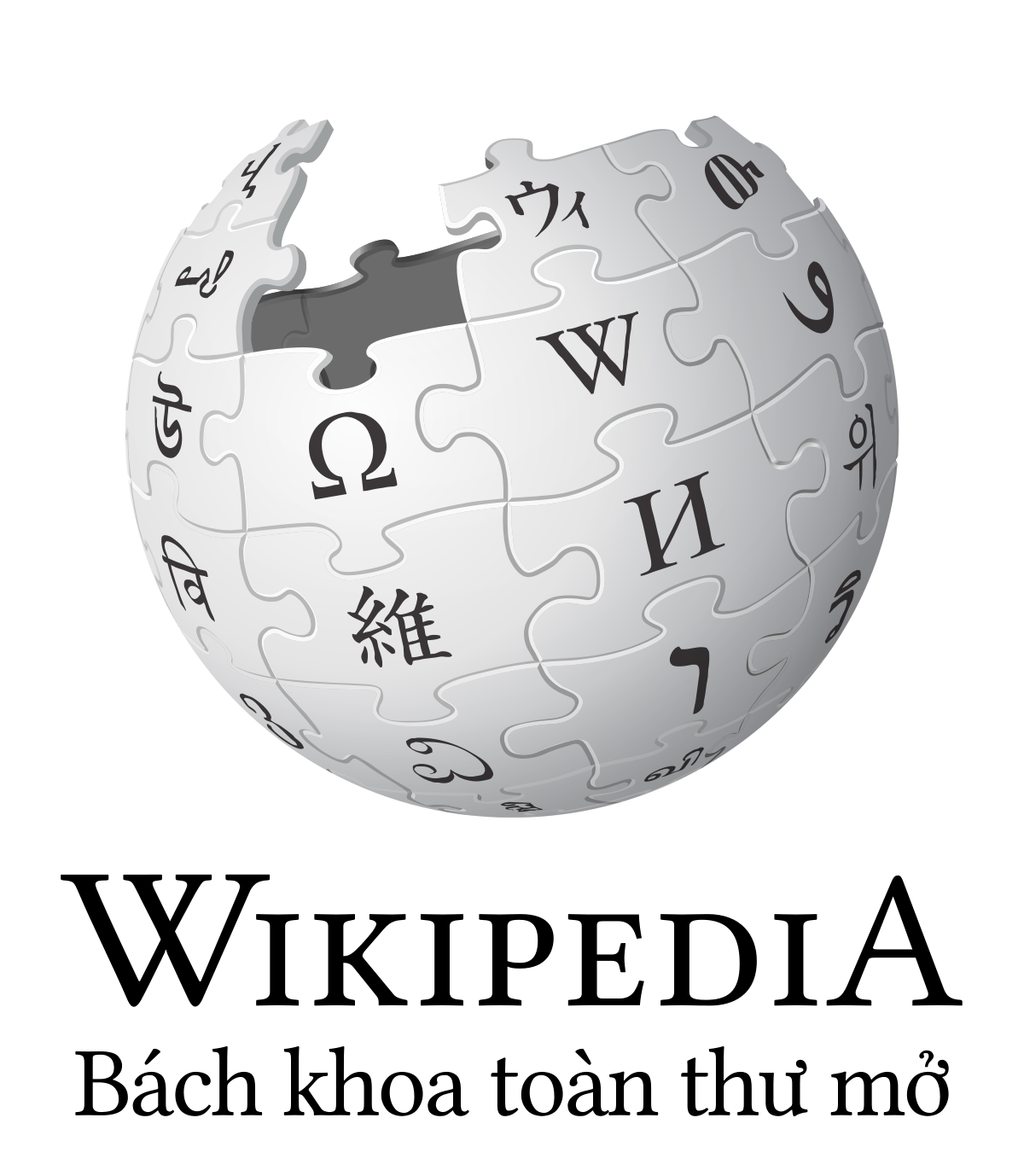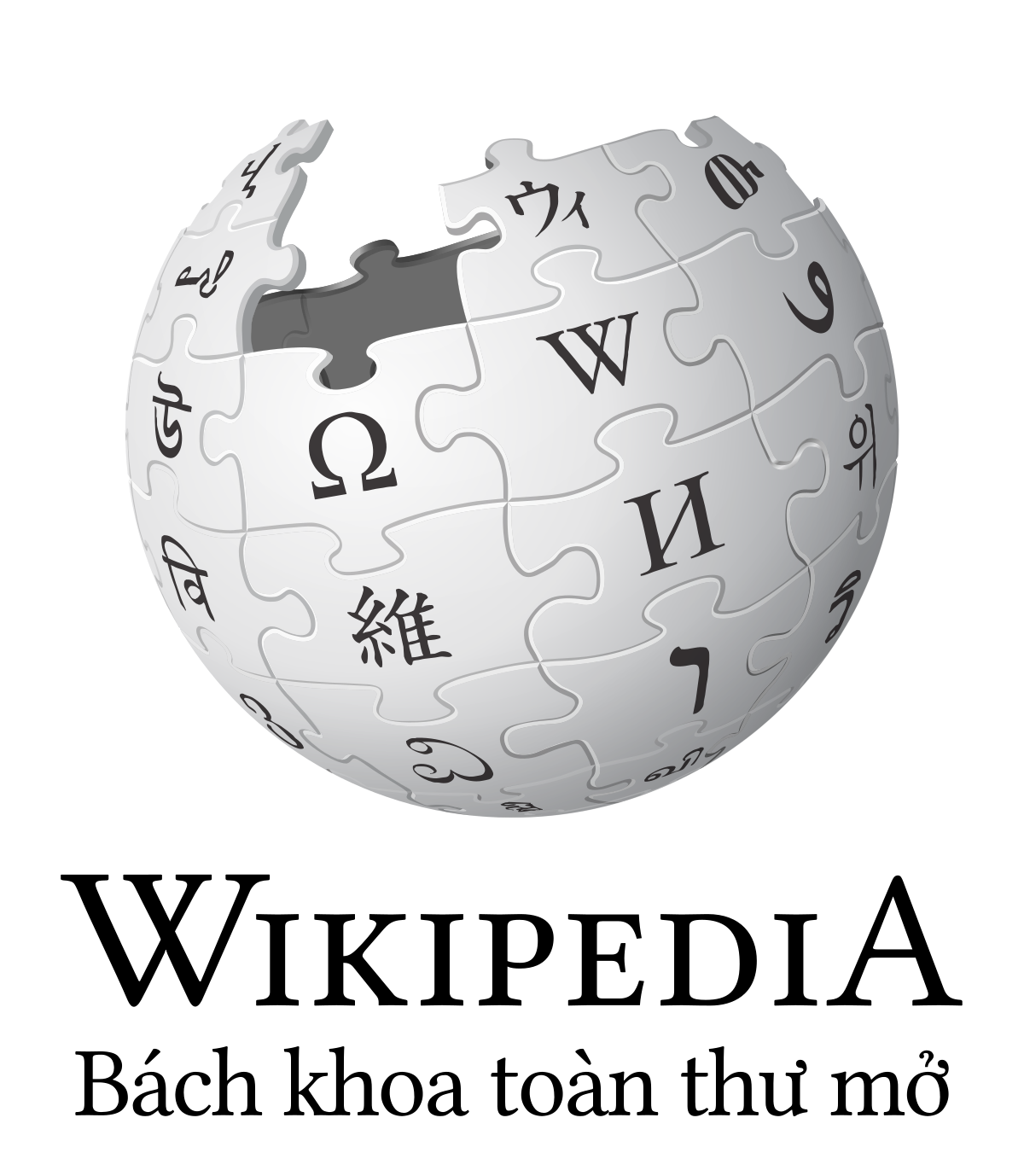Artificial Intelligence (AI) has shifted from the realm of science fiction to a real-world force reshaping the global economy. What began as a niche domain in computer science now stands at the forefront of industrial revolution. Across sectors as diverse as healthcare, finance, manufacturing, and entertainment, AI is not just Manchester escorts enhancing efficiency—it is redefining the rules of the game. The impact of AI is vast, deep, and accelerating. The revolution is not coming—it’s already here.
The Dawn of Intelligent Systems
AI refers to machines or systems that simulate human intelligence processes, including learning, reasoning, problem-solving, and decision-making. With advances in deep learning, natural language processing (NLP), computer vision, and robotics, AI systems are becoming more sophisticated and capable. This leap in technological maturity is enabling large-scale adoption across virtually every industry.
Healthcare: From Diagnostics to Drug Discovery
In healthcare, AI is delivering breakthroughs once thought impossible. AI algorithms can now detect diseases such as cancer, diabetic retinopathy, and Alzheimer’s with accuracy comparable to or better than human experts. One notable example is Google’s DeepMind, which developed an AI system capable of identifying over 50 eye diseases with high precision using retinal scans.
Beyond diagnostics, AI is transforming drug discovery. Traditionally, developing a new drug could take over a decade and cost billions. Escorts Alderley Edge AI-driven platforms can analyze vast datasets, predict molecular behavior, and accelerate the discovery of potential drug candidates. During the COVID-19 pandemic, AI tools were instrumental in identifying possible treatments and supporting vaccine development.
Moreover, AI-powered virtual assistants are improving patient engagement, offering mental health support, and enabling 24/7 access to medical information—bridging gaps in care and democratizing access.
Finance: Smarter Systems, Safer Transactions
The financial industry has always embraced data-driven decision-making, making it a fertile ground for AI innovation. AI algorithms are now widely used in fraud detection, algorithmic trading, risk assessment, and customer service.
Fraud detection systems leverage machine learning to identify suspicious patterns in real time, minimizing financial losses. These systems adapt and evolve, learning from new fraud attempts to enhance their detection capabilities continuously.
In trading, AI-driven algorithms analyze market data, social media sentiment, and geopolitical news to make split-second investment decisions. Escort Work For Girls Manchester While this brings efficiency and higher returns, it also raises ethical questions around market manipulation and transparency.
Robo-advisors, another innovation, are reshaping wealth management by offering low-cost, personalized investment advice. These AI-powered platforms use algorithms to assess risk tolerance, financial goals, and market trends to construct optimized portfolios for clients.
Manufacturing: The Age of Smart Factories
Manufacturing is undergoing a renaissance with the emergence of AI-powered smart factories. These environments use interconnected sensors, robotics, and machine learning to optimize every aspect of production—from supply chain management to predictive maintenance.
Predictive maintenance uses AI to foresee equipment failures before they happen, reducing downtime and saving millions. Machine vision systems inspect products on assembly lines, ensuring consistent quality and catching defects in real time.
AI also facilitates mass customization, enabling manufacturers to tailor products to individual specifications without compromising efficiency. Through AI-driven design and simulation, new products can be developed, tested, and refined digitally, slashing time-to-market.
Retail: Personalized Experiences at Scale
The retail industry has embraced AI to offer hyper-personalized shopping experiences. Recommendation engines, famously used by Amazon and Netflix, use machine learning to analyze past behaviors and preferences to suggest products or content.
AI also supports dynamic pricing strategies, enabling retailers to adjust prices in real-time based on demand, competition, and customer behavior. Chatbots and virtual assistants enhance customer service by providing instant support across multiple channels.
Behind the scenes, AI improves inventory management and demand forecasting, reducing overstock and stockouts. In physical stores, computer vision systems enable cashier-less checkout experiences, as seen in Amazon Go stores.
Transportation: Driving Toward Autonomy
Autonomous vehicles (AVs) represent one of the most ambitious applications of AI. Companies like Tesla, Waymo, and Cruise are investing heavily in self-driving technology, which relies on a combination of AI, sensors, and real-time data processing to navigate complex environments.
AI also plays a central role in traffic management systems, optimizing traffic flow and reducing congestion through predictive analytics. In logistics, route optimization powered by AI minimizes fuel consumption and ensures timely deliveries.
While full autonomy remains a work in progress, AI is already enhancing safety in vehicles through driver-assist features, such as automatic emergency braking, lane-keeping assistance, and adaptive cruise control.
Education: Customized Learning Pathways
AI is transforming education by enabling personalized learning experiences tailored to each student’s pace, strengths, and weaknesses. Platforms like Khan Academy and Duolingo use AI to adapt content and provide real-time feedback.
AI tutors and chatbots can answer student questions, guide them through difficult topics, and provide encouragement—offering scalable support in classrooms with limited resources.
Beyond the classroom, AI is streamlining administrative tasks, such as grading and enrollment management, allowing educators to focus more on teaching and student engagement.
Legal and HR: Automation of Complex Processes
In legal and human resources fields, AI is automating time-intensive tasks such as contract analysis, document review, and resume screening. Natural language processing tools can sift through vast amounts of legal text to extract key insights or identify potential risks.
HR departments use AI to reduce bias in hiring by evaluating candidates based on data rather than subjective impressions. AI can also monitor employee engagement, flagging potential burnout and enabling proactive intervention.
Ethical and Societal Considerations
As AI scales across industries, it raises profound ethical questions. Issues of bias, privacy, and accountability are at the forefront. AI systems trained on biased data can perpetuate inequality, while lack of transparency in decision-making can erode trust.
Moreover, AI-driven automation threatens to displace millions of jobs, particularly in routine or repetitive roles. While new jobs will be created, they may require different skills, necessitating large-scale reskilling and policy support.
Governments, businesses, and academia must collaborate to establish ethical frameworks, ensure transparency, and promote inclusive development to ensure AI benefits everyone.


